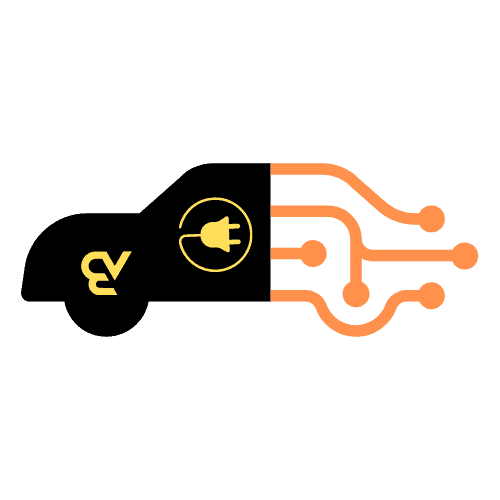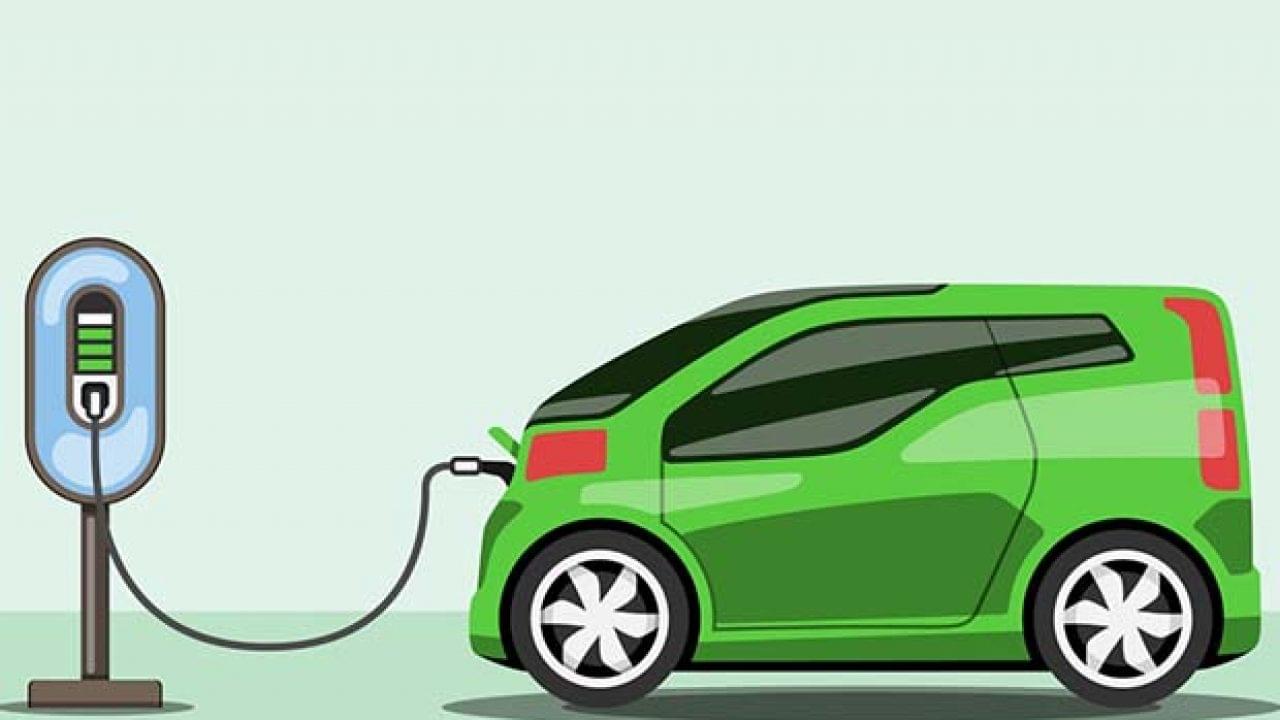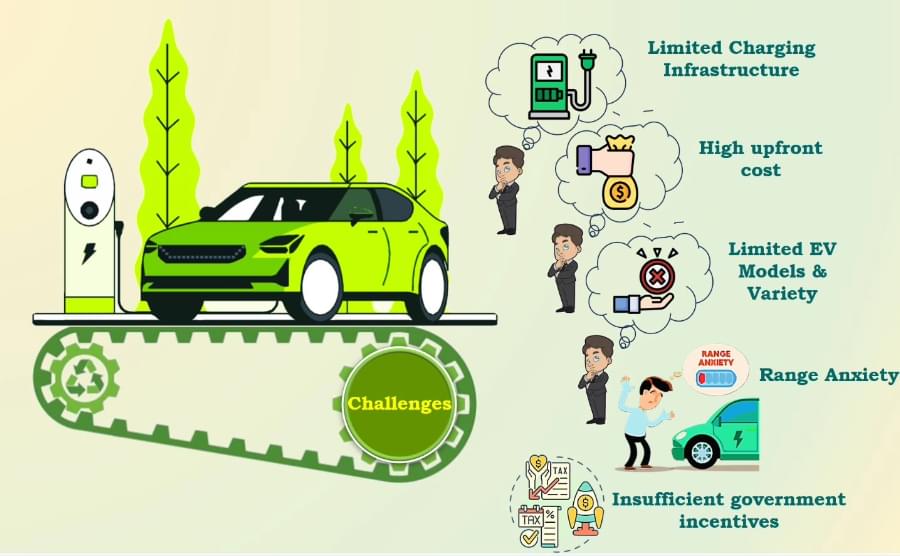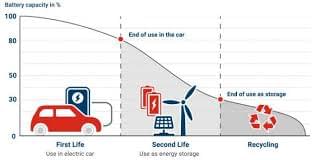
In the modern automotive landscape, electric cars and petrol cars represent two distinct paradigms of personal transportation. With environmental concerns and technological advancements driving the conversation, it is crucial to understand the differences, benefits, and drawbacks of these two types of vehicles. This comprehensive guide delves into the various aspects of electric cars and petrol cars, providing an in-depth comparison to help you make an informed decision.
Environmental Impact
Electric Cars: A Green Revolution
Electric cars are often lauded for their environmental benefits. These vehicles produce zero tailpipe emissions, which significantly reduces air pollution, particularly in urban areas. The adoption of electric vehicles (EVs) can lead to a substantial decrease in greenhouse gas emissions, especially when the electricity used to charge them is sourced from renewable energy. Moreover, EVs operate more efficiently than internal combustion engines, converting a higher percentage of energy from the battery to power the wheels.
Petrol Cars: Environmental Challenges
Petrol cars, powered by internal combustion engines, emit carbon dioxide (CO2), nitrogen oxides (NOx), and other pollutants that contribute to air pollution and global warming. Despite improvements in fuel efficiency and emissions standards, petrol cars remain a significant source of greenhouse gases. The extraction, refining, and distribution of petrol also have substantial environmental footprints, adding to the overall impact.
Cost of Ownership
Electric Cars: Long-Term Savings
While the upfront cost of electric cars can be higher, they often prove to be more economical in the long run. Electric vehicles have fewer moving parts compared to petrol cars, which translates to lower maintenance costs. Additionally, electricity is generally cheaper than petrol, resulting in significant fuel cost savings over time. Many governments offer incentives and rebates for EV purchases, further reducing the initial financial burden.
Petrol Cars: Initial Affordability
Petrol cars typically have a lower purchase price compared to electric vehicles, making them more accessible for many buyers. However, the cost of petrol, regular maintenance, and repairs can add up over the vehicle’s lifetime. Despite recent advances, petrol prices are subject to fluctuations, often influenced by geopolitical events, which can impact the overall cost of ownership.
Performance and Driving Experience
Electric Cars: Smooth and Quiet Ride
Electric cars offer a unique driving experience characterized by instant torque, resulting in quick acceleration and a smooth ride. The absence of a traditional engine makes EVs remarkably quiet, reducing noise pollution. Many electric vehicles feature advanced driver-assistance systems and innovative technologies that enhance the driving experience. Regenerative braking, which recaptures energy during braking, improves efficiency and extends battery life.
Petrol Cars: Traditional Power and Familiarity
Petrol cars are known for their powerful engines and high-speed performance. The familiar rumble of an internal combustion engine and the broad availability of petrol stations make them a comfortable choice for many drivers. Petrol vehicles offer a wide range of models, from economical compacts to high-performance sports cars, catering to diverse driving preferences.
Range and Refueling
Electric Cars: Expanding Range and Charging Network
Range anxiety, the fear of running out of battery power, has been a common concern for potential EV buyers. However, modern electric cars boast impressive ranges, with many models capable of traveling over 300 miles on a single charge. The charging infrastructure is rapidly expanding, with numerous public charging stations and fast chargers being installed worldwide. Home charging stations provide convenience, allowing drivers to start each day with a full battery.
Petrol Cars: Extensive Refueling Infrastructure
One of the significant advantages of petrol cars is the well-established network of refueling stations. Petrol stations are ubiquitous, providing quick and convenient refueling options. This extensive infrastructure ensures that drivers can travel long distances without worrying about finding a refueling spot. Petrol vehicles also have longer ranges on a full tank compared to many electric cars, making them ideal for long road trips.
Technological Advancements
Electric Cars: Cutting-Edge Innovation
Electric vehicles are at the forefront of automotive innovation, incorporating the latest technologies to enhance safety, efficiency, and user experience. Features such as autonomous driving capabilities, over-the-air software updates, and advanced infotainment systems are becoming standard in many EV models. The integration of smart home systems and connectivity options further solidifies EVs as the future of transportation.
Petrol Cars: Steady Evolution
While petrol cars have seen significant advancements in recent years, including improved fuel efficiency and emissions controls, their technological evolution has been more gradual. Hybrid technology, which combines a petrol engine with an electric motor, has emerged as a transitional solution, offering better fuel economy and lower emissions. However, the fundamental technology of internal combustion engines remains largely unchanged.
Market Trends and Future Outlook
Electric Cars: Rapid Growth and Adoption
The electric vehicle market is experiencing rapid growth, driven by increasing environmental awareness, supportive government policies, and advancements in battery technology. Major automakers are investing heavily in EV development, with many planning to phase out petrol-powered vehicles entirely in the coming decades. As battery costs continue to decline and charging infrastructure improves, electric cars are expected to become the dominant form of personal transportation.
Petrol Cars: Enduring Presence but Declining Market Share
Despite the rise of electric vehicles, petrol cars continue to dominate the global automotive market. However, their market share is gradually declining as consumers and governments shift towards more sustainable alternatives. The transition to electric vehicles will be a gradual process, with petrol cars remaining relevant in regions with less developed charging infrastructure or where EV adoption is slower.
The choice between electric cars and petrol cars ultimately depends on individual preferences, lifestyle, and priorities. Electric cars offer environmental benefits, lower long-term costs, and cutting-edge technology, making them an attractive option for eco-conscious and tech-savvy drivers. Petrol cars, on the other hand, provide familiarity, extensive refueling infrastructure, and a wide range of models to suit various needs.
Both types of vehicles have their unique advantages and challenges. As the automotive industry continues to evolve, staying informed about the latest developments will help you make the best decision for your transportation needs.








